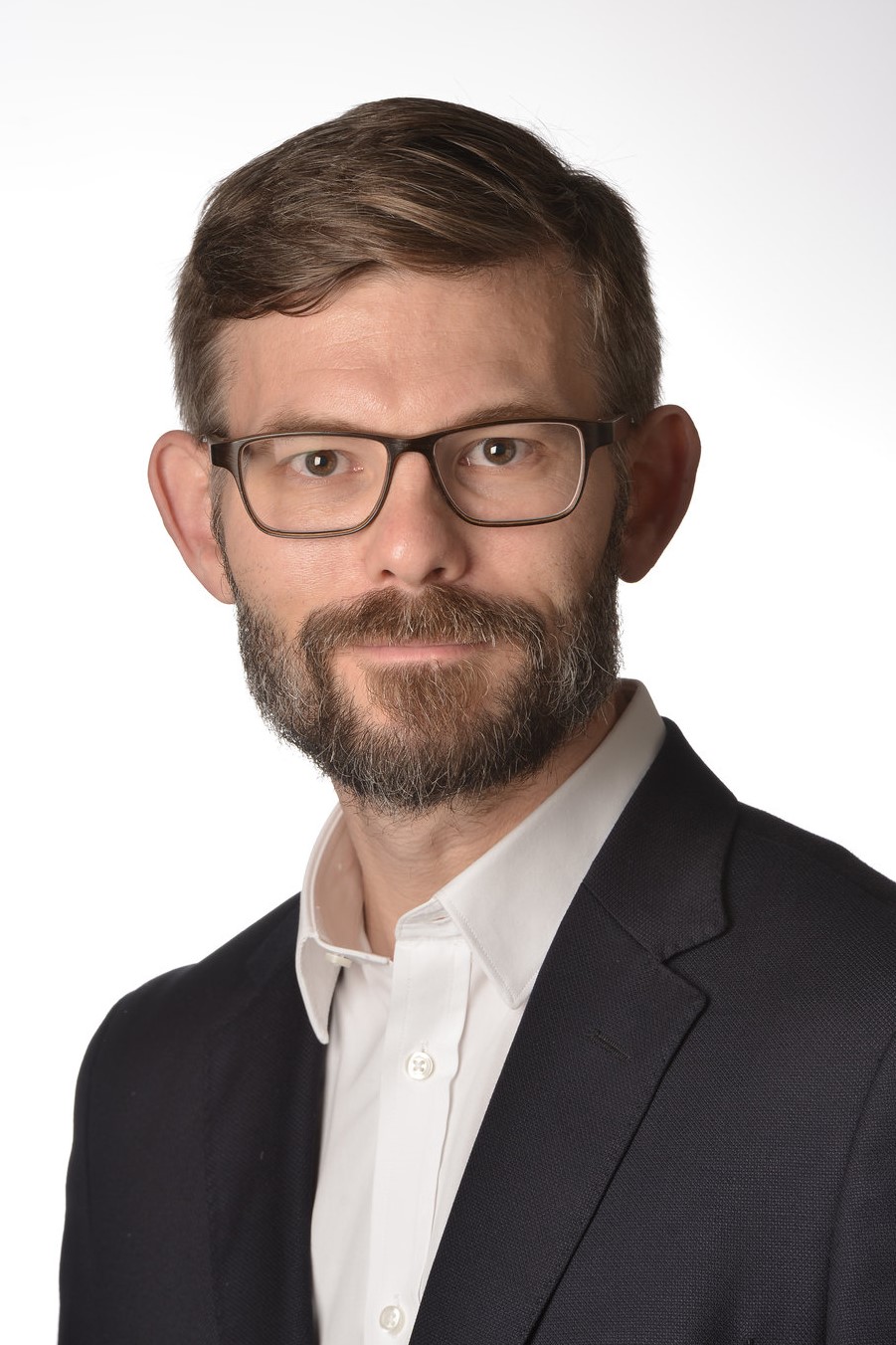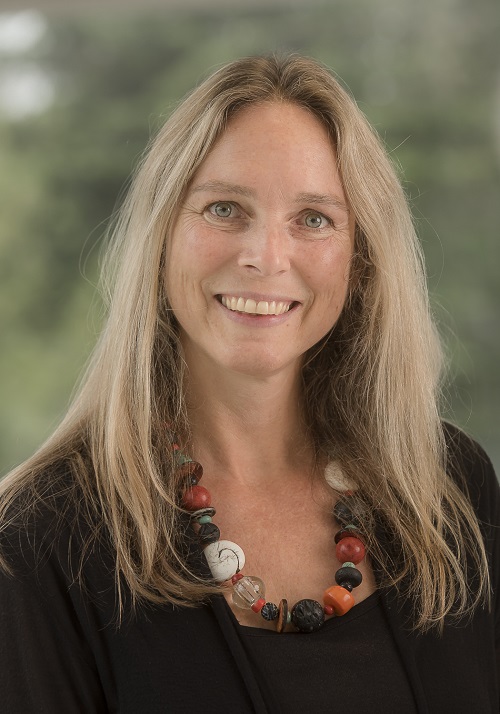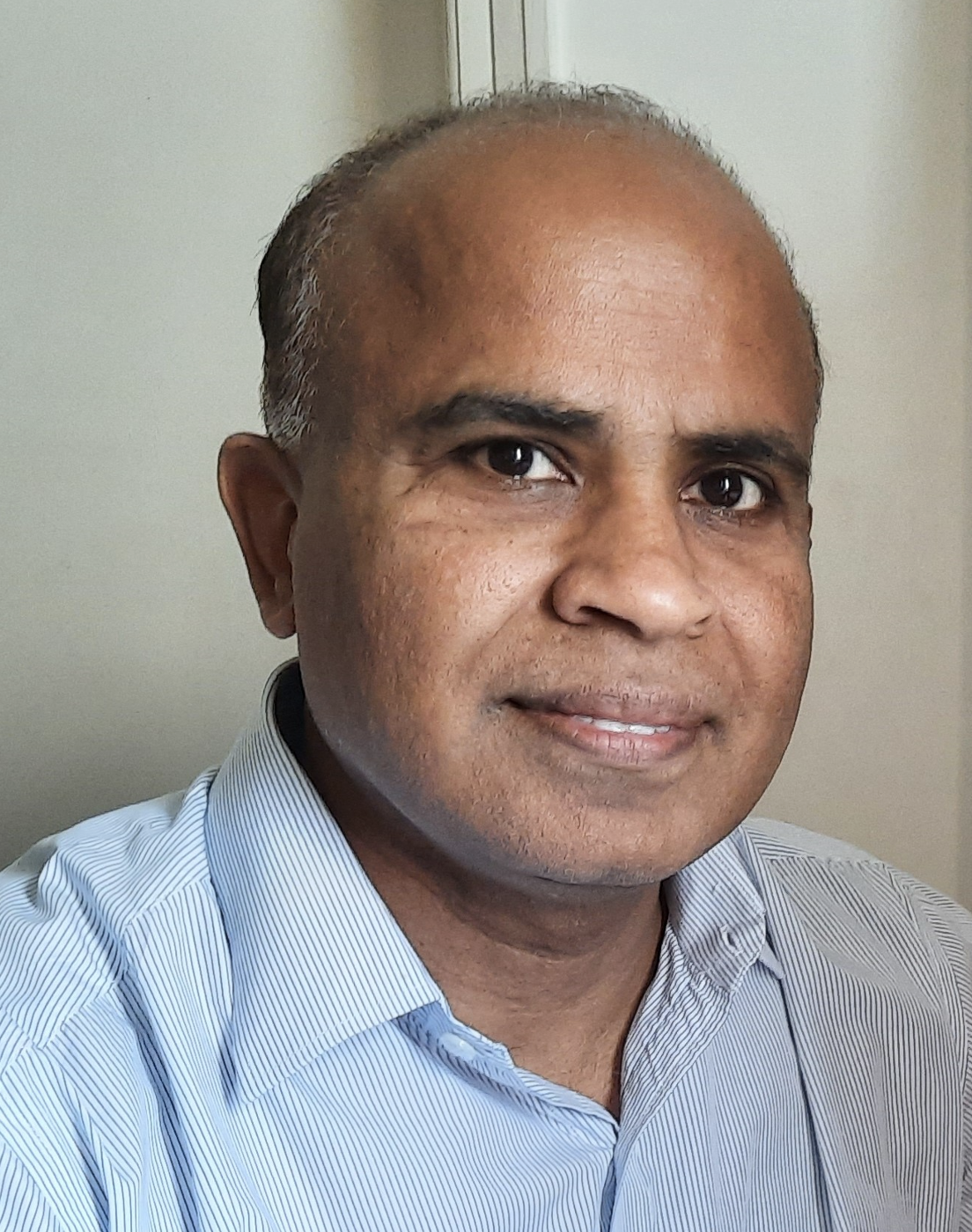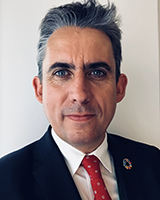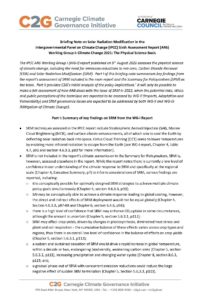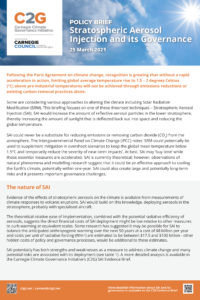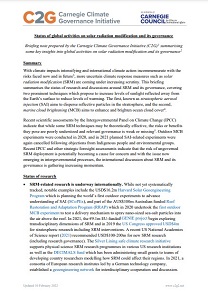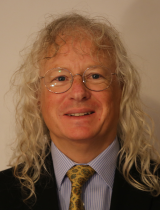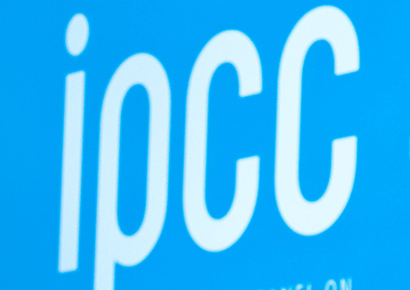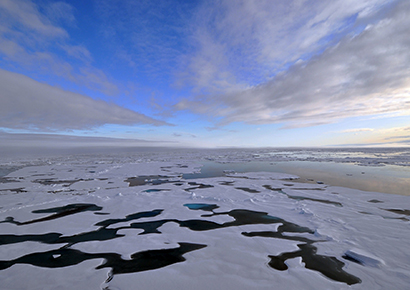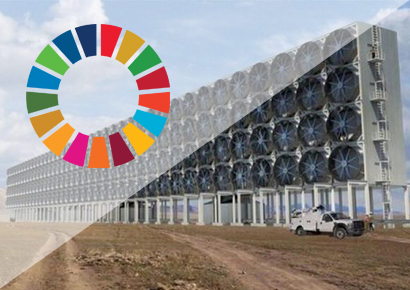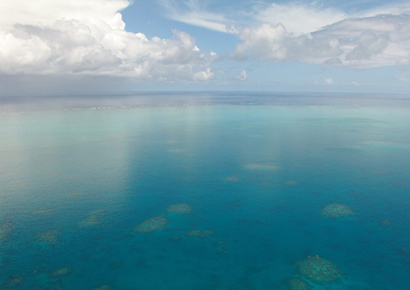C2GLearn
How does the Working Group-I report of the IPCC Sixth Assessment address Carbon Dioxide Removal and Solar Radiation Modification?
This unit aims to unpack key information about how Carbon Dioxide Removal (CDR) and Solar Radiation Modification (SRM) are addressed in the Working Group-I (WGI) report for the Intergovernmental Panel on Climate Change (IPCC) Sixth Assessment, and to examine what (if any) implications this may have for governance. It seeks to answer the following questions:
- Future projections, pathways and the Paris Agreement temperature goal
- How does the WGI report address CDR? What might be potential policy implications?
- How does the Working Group-I report address SRM? And what might be any potential governance implications?
Webinars
This C2GLearn webinar will provide audiences with expert overviews of how the IPCC AR6 Working Group-I report addresses CDR and SRM, followed by a moderated Q&A session enabling the audience to ask clarifying questions and learn more. Speakers’ presentations will be pre-recorded and played to the webinar audience, with the speakers joining for the live Q&A session. Speakers include:
Joeri Rogelj / Grantham Institute at Imperial College London
Dr Joeri Rogelj is Director of Research and Reader in Climate Science & Policy at the Grantham Institute at Imperial College London, and a Senior Research Scholar at the International Institute for Applied Systems Analysis. He explores how societies can transform towards more sustainable futures connecting Earth system sciences to the study of societal change and policy.
He has published on the effectiveness of international climate agreements such as the Paris Agreement, carbon budgets, net zero emission targets, 1.5°C emissions pathways, and the interaction between climate and sustainable development.
He contributed to several climate change assessments over the past decade. He is a long-serving lead author on the annual Emissions Gap Reports by the United Nations Environment Programme (UNEP). He also contributed to the Fifth Assessment Report of the Intergovernmental Panel on Climate Change (IPCC), served as a Coordinating Lead Author on the IPCC Special Report on 1.5°C of Global Warming and as a Lead Author on the IPCC Sixth Assessment Report. In 2019, he was the youngest member serving on the UN Secretary-General’s Climate Science Advisory Group.“
Kirsten Zickfeld / Simon Fraser University
Dr. Kirsten Zickfeld is a Distinguished Professor of Climate Science in the Faculty of Environment at Simon Fraser University in Vancouver, British Columbia.
Dr. Zickfeld’s primary research interests lie generally in the area of climate change science, with focus on the long-term effects of human activities on climate and climate-carbon cycle interactions. She is internationally recognized for her research on the irreversibility of human-induced climate change and carbon budgets consistent with climate targets. Her current research program includes investigation of the effects of carbon dioxide removal on the global carbon cycle and climate. She has published on climate change reversibility and carbon budgets in scenarios with net negative carbon dioxide emissions, and on the asymmetry in the carbon cycle and climate response to carbon dioxide emissions and removals.
Dr. Zickfeld served as Lead Author for the Working Group I contribution to the Sixth Assessment Report of the Intergovernmental Panel on Climate Change (IPCC), for which she led the assessment of the effects of CDR on the carbon cycle and other biogeochemical cycles. She also served as Lead Author of the IPCC Special Report on the Global Warming of 1.5 degrees. She is a member of the Expert Panel on Understanding and Leveraging Canadian Carbon Sinks and of the Scientific Steering Committee of the Global Carbon Project.
G. Bala / Center for Atmospheric and Oceanic Sciences, Indian Institute of Science
Prof. Bala is currently a Professor at the Center for Atmospheric and Oceanic Sciences, Indian Institute of Science, Bangalore. He received his Ph.D in atmospheric and oceanic sciences in 1994 from McGill University, Canada. After two years of Post-doc at the Geophysical Fluid Dynamics Laboratory, Princeton University, he served as a “Physicist” (Climate Scientist) at the Lawrence Livermore National Laboratory (LLNL) between 1996 and 2008. While at LLNL, Prof. Bala developed and used earth system models to understand the climate and carbon cycle changes to external forcings such as greenhouse gases and land cover change.
Prof. Bala’s main research interests are modelling of climate change, carbon and water cycle, climatic effects of land cover change and climate engineering. He has published over 100 peer-reviewed journal papers on climate change and carbon cycle. He and his collaborators from China and USA won the prestigious World Meteorological Organization’s (WMO) Norbert Gerbier MUMM International Award for 2014 .
Prof. Baa has served as a Lead Author for the 5th and 6th assessment IPCC WG1 reports. He is a member of the Scientific Steering Committee of the AIMES (Analysis, Integration and Modeling of the Earth System) global research project of “Future Earth” since 2015. He is also a member of the “Earth Commission” constituted by Future Earth to identify the safe and just corridor for a resilient planet. Prof. Bala serves as a member on the editorial boards of the journals “Earth System Dynamics” and “Environmental Research Letters Reviews”.
Moderator: Nicholas Harrison / Carnegie Climate Governance Initiative
Nicholas Harrison brings 20 years’ experience working across Europe and internationally on sustainable development and climate change governance and implementation.
Prior to joining C2G, Harrison served as an adviser on climate action in the Executive Office of the United Nations secretary-general, supporting delivery and ratification of the Paris Agreement on climate change. Before this, as a senior consultant at Ecofys, he coordinated global teams of experts delivering high-profile international research assessments and analysis on climate change, sustainable energy, and low emissions development
In previous roles, Harrison served as an adviser on climate change and strategic intelligence for the UK Department of International Development, Department of Communities and Local Government, and the Office of the Deputy Prime Minister. He began his career in environmental engineering, moving into communications to promote renewable energy technologies, followed by various roles in city, regional, and national government, improving the use of data and evidence to deliver more sustainable development.
Harrison has written and presented widely on climate change and sustainable development, served on the Sustainable Communities committee of the British Standards Institution (BSI) and worked extensively to promote integrated multi-level governance and the role of cities, states, and other non-state actors in climate action.
He holds an MSc in organisational psychology from City University, London, is a fellow of LEAD International and the Norfolk Charitable Trust, and is an independent expert for the Climate KIC, Europe’s largest public-private innovation partnership focused on climate innovation to mitigate and adapt to climate change.
Introduction
Presentations
Dr. Joeri Rogelj is Director of Research and Reader in Climate Science & Policy at the Grantham Institute at Imperial College London
Dr. Kirsten Zickfeld is a Distinguished Professor of Climate Science in the Faculty of Environment at Simon Fraser University in Vancouver, British Columbia
G. Bala is Professor at the Center for Atmospheric and Oceanic Sciences, Indian Institute of Science, Bangalore
Slide presentations
- Joeri Rogelj Future projections, pathways and the Paris Agreement temperature goal [pdf]
- Kristen Zickfeld How does the IPCC AR6 WGI report address carbon dioxide removal? [pdf]
- G. Bala Solar Radiation Modification (SRM): Assessment of SRM in the IPCC AR6 WG1 report [pdf]
Q&A
For further information on this topic visit C2G’s IPCC landing page which has a range of knowledge products that might be of interest to you.
C2G strives to achieve a diversity of views and backgrounds across all its events. To that end, it is always open to feedback and suggestions regarding future participants and topics, to ensure a range of perspectives by sector, gender, race, geography, age and other dimensions. It will not always achieve the necessary diversity in all circumstances due to issues of availability and familiarity, but aims over time to expand the range of contributors able to address its issues, subject to the broad principles outlined in its mission statement.
Background reading
C2G Products
C2G Briefing on SRM in the IPCC-AR6-WG1 Report
Briefing Note
